Norwegians have their own way of going green, and quite literally. For hundreds of years houses in Norway have been covered with turf. And they come in different varieties. Some are bright green and almost velvety. Others are golden and look like they’re growing wheat or oats. A number of turf roofs have flowers mixed in with the grass, and a few have small trees.
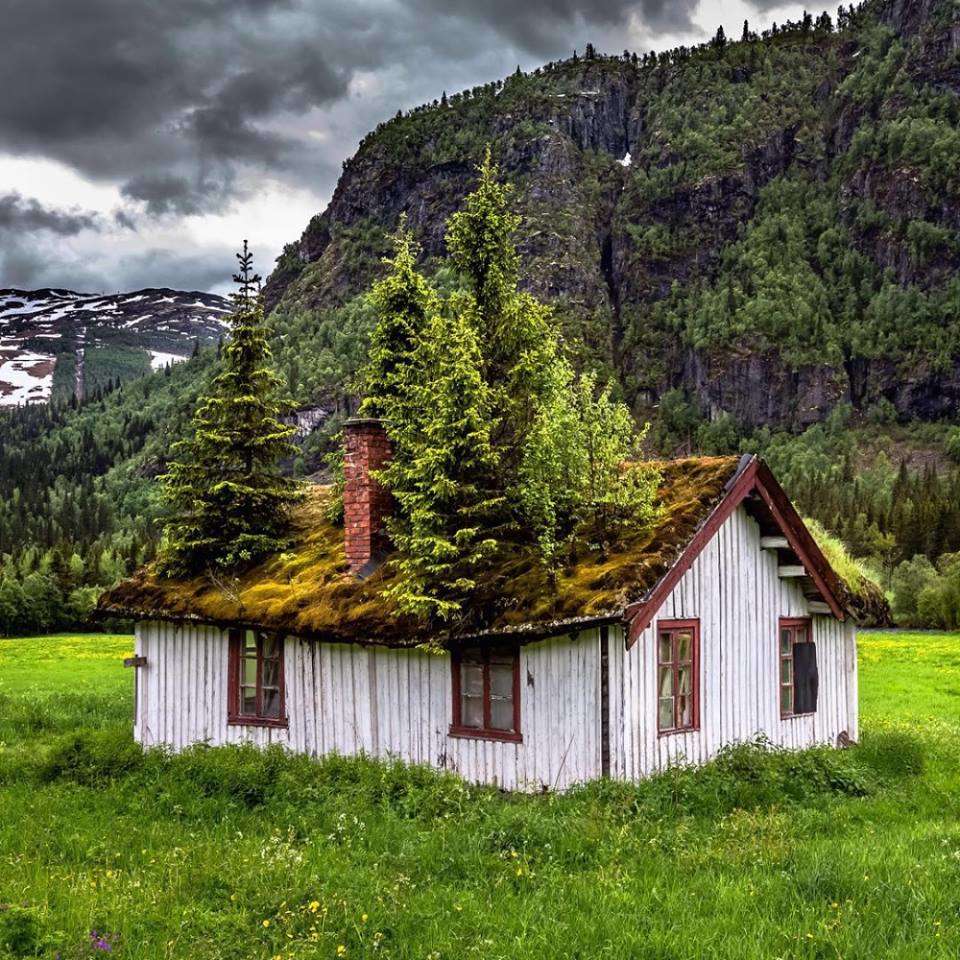
The advantages of turf roofs (also called sod roofs) are many. They are very heavy, so they help to stabilize the house; they provide good insulation; and they are long-lasting.
Turf roofs in Norway are a tradition and you will see them everywhere. Roofs in Scandinavia have probably been covered with birch bark and sod since prehistory. During the Viking and Middle Ages most houses had sod roofs. In rural areas sod roofs were almost universal until the beginning of the 18th century. Tile roofs, which appeared much earlier in towns and on rural manors, gradually superseded sod roofs except in remote inland areas during the 19th century. Corrugated iron and other industrial materials also became a threat to ancient traditions. But just before extinction, the national romantics proclaimed a revival of vernacular traditions, including sod roofs. A new market was opened by the demand for mountain lodges and holiday homes. At the same time, open air museums and the preservation movement created a reservation for ancient building traditions. From these reservations, sod roofs have begun to reappear as an alternative to modern materials.
Every year, since 2000, an award is also given to the best green roof project in Scandinavia by the board of the Scandinavian Green Roof Association.
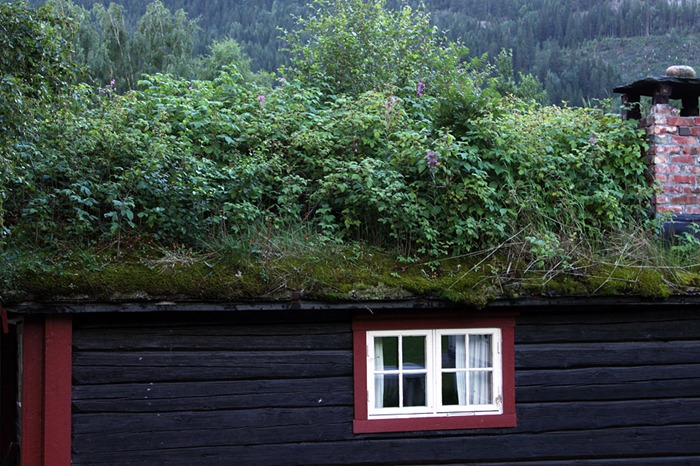

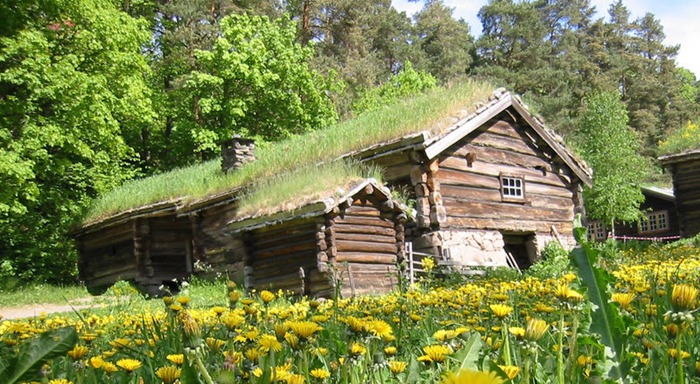




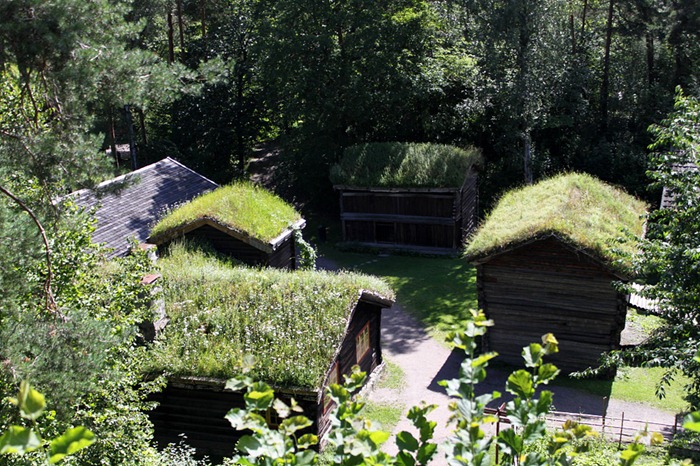



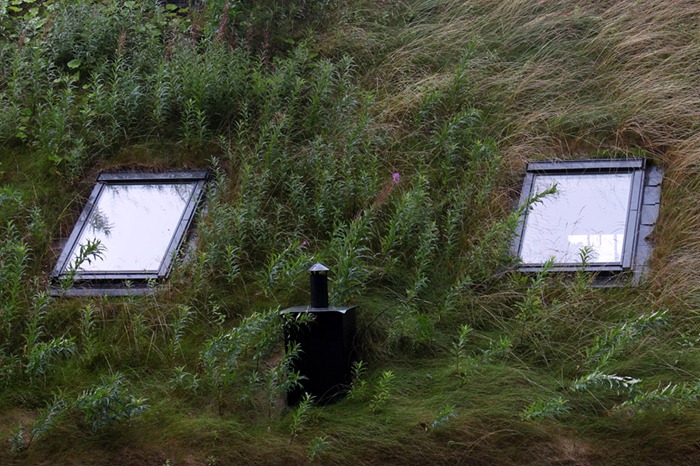
No Comments Yet